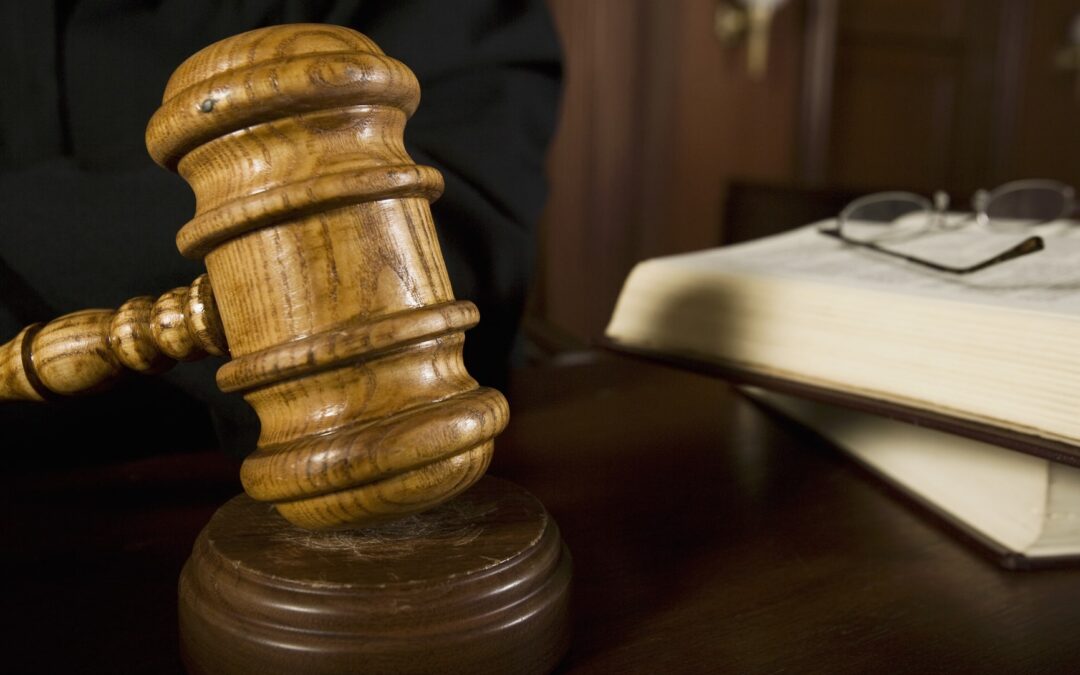Foreclosure
Foreclosure is a stressful and often devastating process for homeowners, leading to the loss of their home and significant financial hardship. Understanding the common reasons why homeowners face foreclosure can help you take proactive steps to avoid it. Here, we explore several key factors that can lead to foreclosure and provide insights into how you might prevent these situations.
Financial Hardships
One of the primary reasons homeowners face foreclosure is financial hardship. This can stem from a variety of sources, such as job loss, reduced income, or unexpected expenses. When a primary income earner loses their job or has their hours cut, it can be challenging to keep up with mortgage payments. Similarly, significant medical expenses or sudden repair costs for a home or vehicle can strain finances, making it difficult to meet monthly mortgage obligations.
Adjustable-Rate Mortgages
Adjustable-rate mortgages (ARMs) can also contribute to foreclosure risk. While these loans often start with lower interest rates, they are subject to periodic adjustments based on market conditions. If interest rates rise, so do the monthly payments. Homeowners who initially could afford the lower payments might find themselves unable to keep up with the increased costs when the rates adjust, leading to default and eventually foreclosure.
Unmanageable Debt
High levels of personal debt can lead to foreclosure. Credit card bills, student loans, car loans, and other debts can accumulate, making it difficult for homeowners to prioritize their mortgage payments. When debt payments consume a large portion of their income, homeowners may struggle to keep up with all their financial obligations, increasing the risk of missing mortgage payments and facing foreclosure.
Divorce Or Separation
Divorce or separation can significantly impact a homeowner’s ability to make mortgage payments. When a household splits, the income that once supported a single mortgage must now support two separate living arrangements. This financial strain can make it difficult for either party to continue making the mortgage payments on their own, potentially leading to foreclosure if alternative arrangements are not made.
Illness Or Disability
Severe illness or disability can lead to foreclosure, especially if it results in a loss of income or significant medical expenses. Homeowners who become unable to work due to health issues may find it challenging to keep up with mortgage payments. Even with disability benefits, the reduced income might not be sufficient to cover all living expenses, including the mortgage, leading to missed payments and the risk of foreclosure.
Underwater Mortgages
An underwater mortgage occurs when the outstanding loan balance exceeds the market value of the property. This situation can arise from declining property values or when homeowners take out second mortgages or home equity loans. Homeowners with underwater mortgages may struggle to sell their homes for enough to pay off the mortgage, leaving them with limited options if they face financial difficulties, ultimately increasing the risk of foreclosure.
If you are facing financial difficulties and are concerned about the risk of foreclosure, it may be beneficial to consult with a Plano foreclosure lawyer from Leinart Law Firm to explore your options and develop a plan to secure your financial future.



